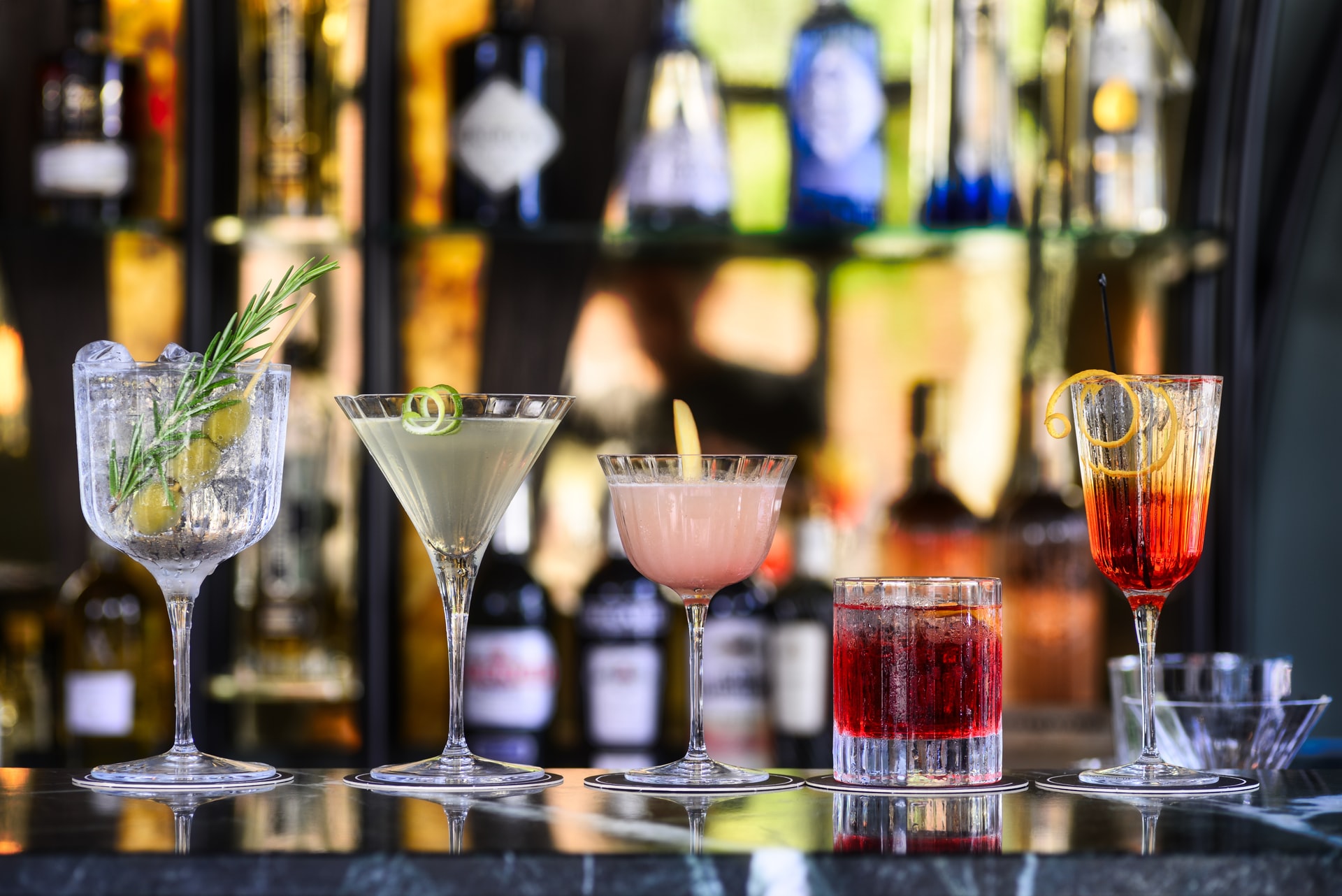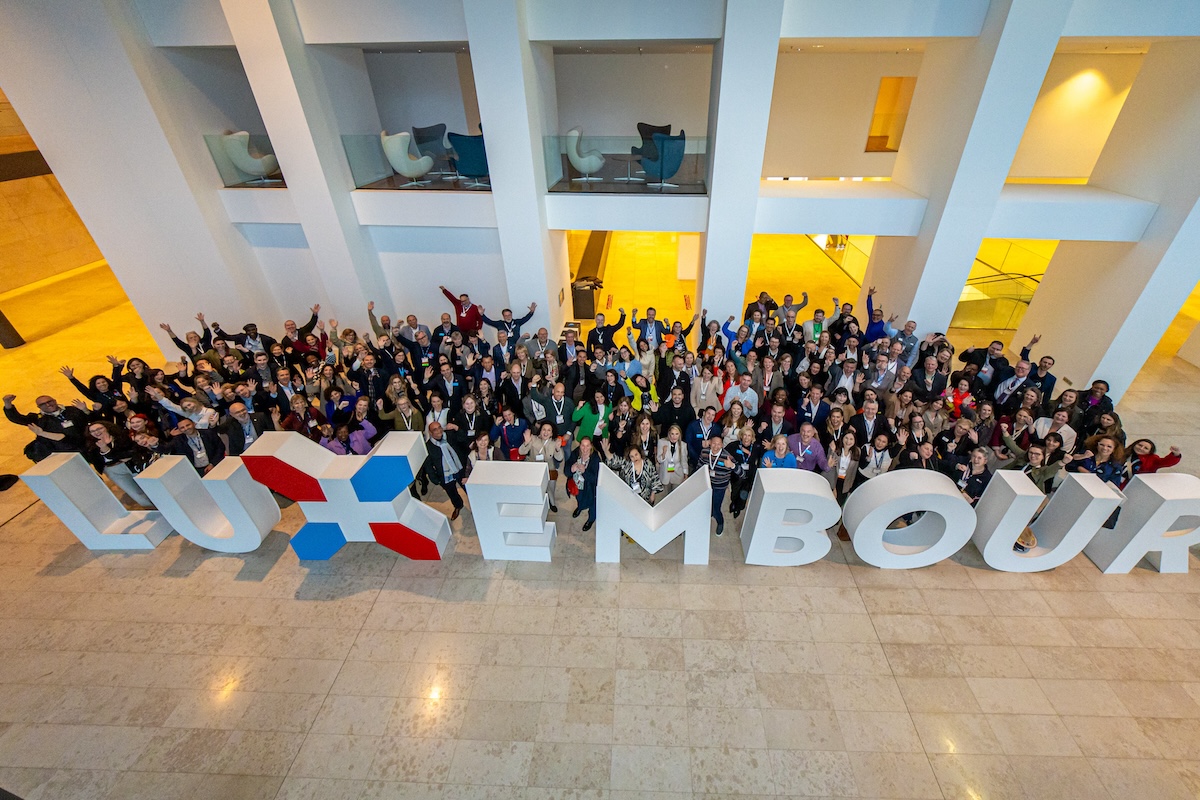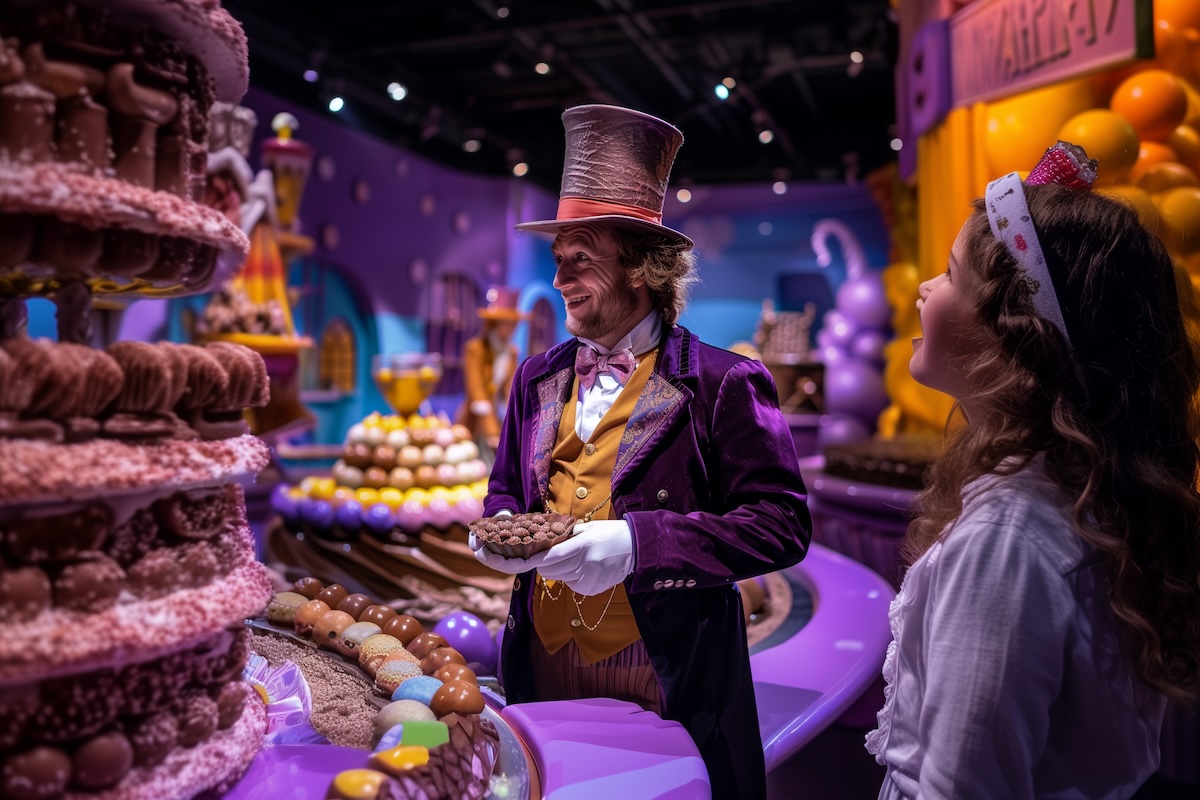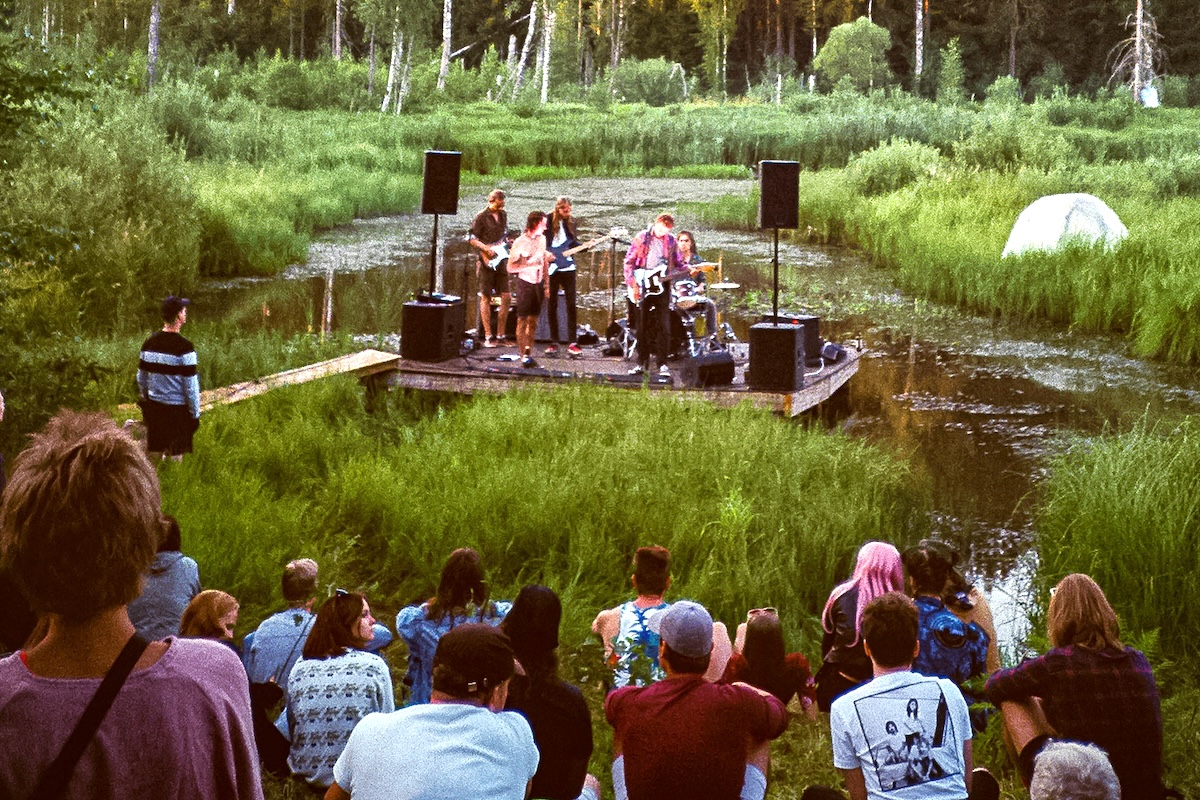When bourbon maker Old Forester started offering alcohol-free mint juleps at the Kentucky Derby, it became clear that non-alcoholic beverages had become a thing. And to many event planners, the companies they work for, as well as attendees, that is a good thing.
There are plenty of reasons to provide non-alcoholic (NA) alternatives at events. Some people are watching their weight and don’t want the extra calories; some don’t like the taste of booze; some are pregnant; some are taking medication that doesn’t play well with alcohol; some are managing substance abuse issues; some want to stay clear-headed at conference sessions; some simply want to be careful around friends, colleagues, and bosses, lest a faux pas falls from tipsy lips.
Event planners and caterers at the forefront of the booze-free trend are coming up with all sorts of delicious and often creative alternatives to wine and cocktails that rise well above the standard offerings of seltzer, soda, and O’Doul’s.
“The key to any successful bar is making a good drink, booze or no booze,” said Sunna Yassin, founder of Los Angeles-based event planning firm Bash Please. “The key is to use fresh ingredients, like pressed juices,” when offering NA versions of cocktails, whether traditional or trendy. Los Angeles bar consultant and bartender Gaby Mlynarczyk, who got interested in NA drinks while on a mission to come up with a delicious NA version of Campari, uses coriander and juniper to infuse a gin alternative and chai tea to fashion a non-alcoholic rum & Coke.
A spirited alternative
Mlynarczyk is one of a growing group of mixologists who use botanical spirits (meaning non-alcoholic and, interestingly, no-sugar) marketed by companies like Seedlip, whose popularity was so explosive that the company quickly expanded from London to Los Angeles and Sydney. The company’s website is full of imaginative recipes from bartenders around the world. (An example: The orange-flavored Grove 42 spirit mixed with fresh watermelon or strawberry and lime juice, spiced agave syrup, and spices, makes a sublime riff on the margarita.) Another purveyor of non-alcoholic beverages that taste like alcohol is Spiritless , which produces non-alcoholic (NA) bourbon and tequila, and Ritual Zero Proof which produces NA whisky and gin.
A purveyor of a different kind of non-alcoholic beverage is the actress Blake Lively, who started the company Betty Buzz when she tired of drinking seltzer at parties (she doesn’t drink). Her firm produces sparkling, low-calorie, unsweetened juice-based mixers. “It is clear mixers are the unsung heroes of the drink world and deserve just as much love as alcohol,” she said at the company launch. There are currently five flavors, all effervescent: tonic water, sparkling grapefruit, Meyer lemon club soda, sparkling lemon lime and ginger beer. They’re designed to be enjoyed on their own, and also work well as a base if guests do want to add vodka, tequila or gin.
Even hotels are getting in on the NA trend; Hyatt introduced its “Zero Proof, Zero Judgment” beverage program in the US in August 2021. It’s been so successful it’s been expanded to several of its brands, including Andaz, Hyatt Centric and The Unbound Collection.
Don’t mock the mocktail
The name may be twee, but mocktails — drinks that have all the ingredients of a cocktail except the alcohol, and are served in the same kind of glass and with the same garnishes as their alcoholic counterparts — are becoming a fixture at events, from conventions to weddings. “No one should ever hesitate when walking towards a bar and think to themselves, I wonder if there will be a drink option for me without alcohol,” said Jesse Hawkins, Founder of the Mocktail Project, a nonprofit devoted to “supporting a safe, inclusive, stigma-free drinking culture.”
It was Hawkins who was asked to create the nonalcoholic mint julep at the Derby, and he, along with Jackie Zykan, who has the enviable job title of Master Taste Tester at Old Forester, crafted a luscious concoction that combines mint tea, bourbon smoked sugar (demerara sugar smoked using barrel staves that once held bourbon), oleo-saccarum (a cocktail and punch ingredient that uses a cold process to extract oil from citrus peels by burying them in sugar) and mint sprigs.
Other ideas for delicious alternatives to alcoholic drinks:
- Kombucha cocktails, which are not only tasty but good for you; some kombuchas are even sugar-free
- Non-alcoholic cider, which is fizzy and mixes well with cranberry and blackberry juices
- A pressed-juice station with unusual fruit choices, such as mango, lychee, tangerine, watermelon, guava and passion fruit
- A custom soda station where guests can choose from a variety of fruit-infused syrups and bitters, which are then mixed with seltzer and garnished with herbs and/or fruit slices
Palatable NA wine has become easily available as well. One source is Studio Null, which sources product from acclaimed winemakers in Germany and Spain. For beer drinkers, there’s a well-reviewed lineup of NA craft beers from Athletic Brewing Company.





